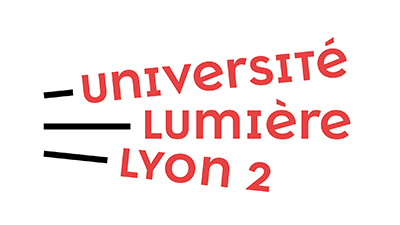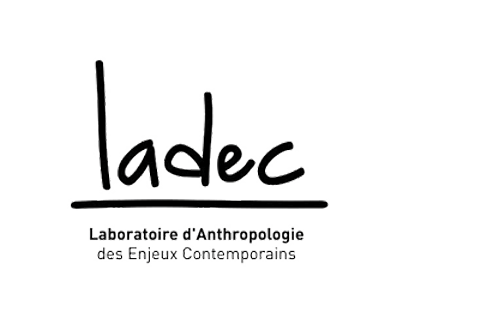Publié le 20 mars 2021
–
Mis à jour le 20 mars 2021
le 15 décembre 2017
En distanciel (visio / live)
Tim Ingold est professeur d’anthropologie à l’Université d’Aberdeen.
On not knowing and paying attention: how to live in an uncertain world
Happening now: Tim Ingold at LADEC seminar on paying attention, improvising, imagination, hestitating and the plague of “fake problems” pic.twitter.com/EXd5VffVnd
— Emilia Sanabria (@emsanabria) December 15, 2017
| I begin by drawing a set of distinctions between knowledge and wisdom, showing how they often operate at cross-purposes. In particular, wisdom means paying attention to things, while with knowledge we turn our backs on them. Knowledge thrives on certainty and predictability. But in a certain world, where everything is joined up, nothing could live or grow. A world of life is necessarily uncertain, and demands from us attentiveness and care. I go on to compare the attentional with intentional models of action, showing how attention cuts a road longitudinally through the transverse connections between intentions and their objects. Where intention is predictive, attention is anticipatory. And if the other side of prediction is the failure of ignorance, the other side of anticipation is the uncertainty of not knowing. The idea that predictive knowledge demands explication perpetuates the equation of not-knowing with ignorance. Education, science and the state are powerful machines for the production of ignorance. I argue, however, that ignorance and not-knowing are entirely different things. In a world of life, not-knowing betokens not ignorance but wisdom, the wisdom that lies in attending to things. |
Informations pratiques
Lieu(x)
En distanciel (visio / live)



